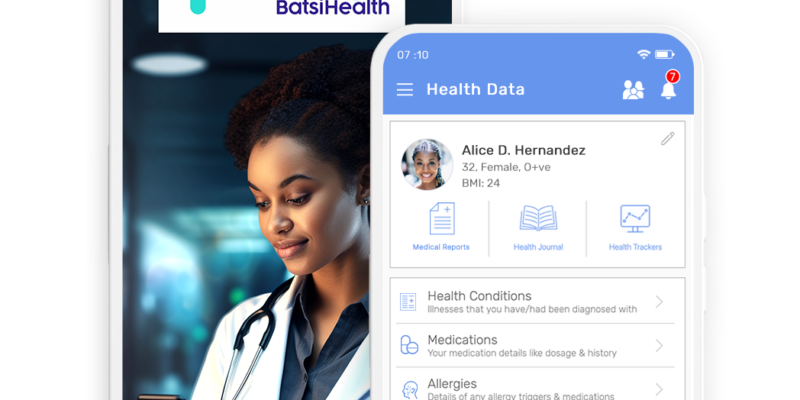Access to quality healthcare in Zimbabwe remains a challenge for many and VakaAfya Health is addressing that pain point with BatsiHealth, the country’s one amongst a few online health services provider. The health institution is leveraging technology to bridge gaps in medical care, offering consultations, prescriptions, and even lab test referrals all from the comfort of a patient’s home.
While telemedicine is not entirely new, its adoption in Zimbabwe has been gradual, hindered by infrastructure limitations and scepticism about virtual care. However, BatsiHealth, operating under the VakaAfya Health network, is making a strong case for digital healthcare, promising convenience, affordability, and efficiency in a system often plagued by long queues and doctor shortages.
By Gamuchirai Mapako
Zimbabwe’s healthcare system has faced significant strain over the years, with public hospitals grappling with underfunding, drug shortages, and staffing crises. Private clinics, though better equipped, remain out of reach for many due to high costs.
Against this backdrop, BatsiHealth’s model presents an intriguing alternative, connecting patients with licensed doctors via video or phone calls, eliminating the need for physical visits unless absolutely necessary.
The platform operates from 8 AM to 10 PM daily, catering to non-emergency cases such as allergies, respiratory infections, skin conditions, and chronic disease management. It also offers medical certificates, specialist referrals, and even travel medicine advice, a service that has gained traction among frequent travellers seeking vaccinations and health clearance.
For many Zimbabweans, the concept of consulting a doctor online is still novel. BatsiHealth’s process, however, is designed to be straightforward
To use BatsiHealth Click Here
Patients sign up on the platform, providing basic medical history and contact details and appointments can be scheduled for the same day or in advance, with options to select preferred doctors, including gender-specific preferences.
Sessions are conducted via video or phone call, with doctors assessing symptoms, offering diagnoses, and recommending treatments. If medication is needed, patients can opt for home delivery or pharmacy pickup. For more complex cases requiring in-person care, referrals are made to partner clinics nationwide.
Payment is flexible, with options including mobile money (OneMoney, EcoCash), digital platforms (PayNow, PayPal), and credit/debit cards.
As BatsiHealth expands, questions arise about its long-term impact. Could this model alleviate pressure on Zimbabwe’s strained healthcare system? Or will it remain a niche service for urban, tech-savvy patients?
Public health experts suggest that telemedicine, if integrated with government and NGO efforts, could significantly improve healthcare access. Partnerships with local clinics, subsidised data rates for medical consultations, and community awareness campaigns could help democratise the service.
For now, BatsiHealth represents a promising step toward modernising Zimbabwe’s healthcare landscape. In a nation where hospital delays and travel costs deter many from seeking timely care, the ability to consult a doctor via smartphone could be revolutionary provided the infrastructure keeps up.
With BatsiHealth’s services now available nationwide, the question is whether Zimbabweans will fully embrace this digital shift.














Comments